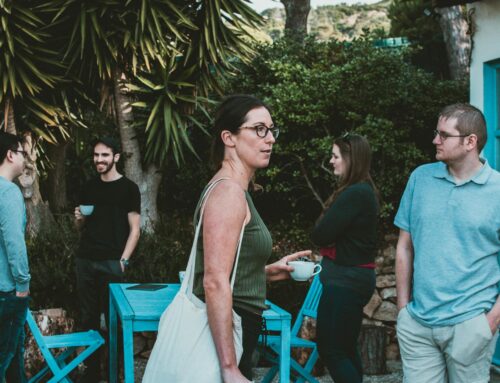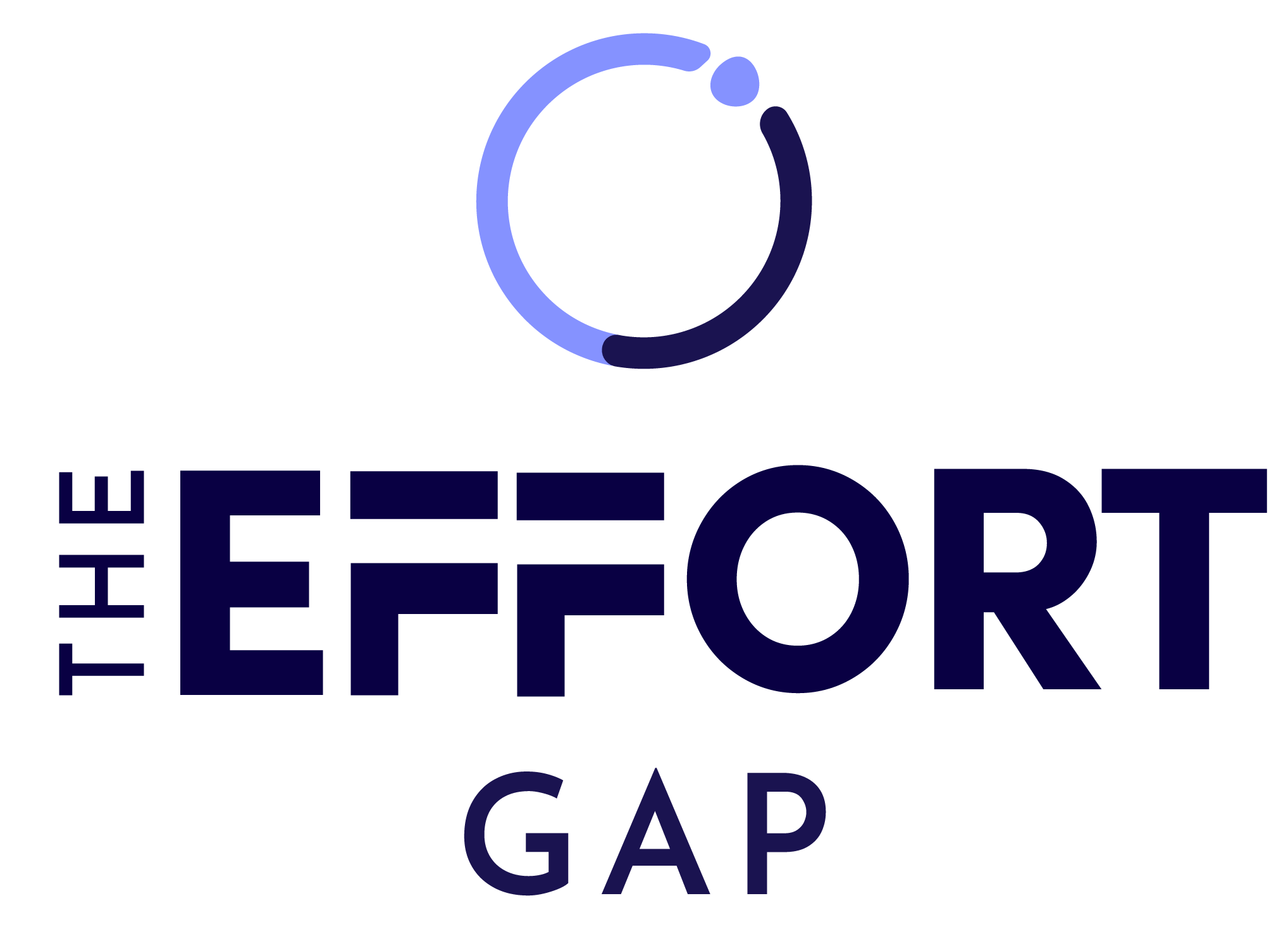Defining Morality
We think that improving morality takes a character overhaul or committing ourselves to a noble cause. We envision an infallible person with perfectly proper behavior. In Ancient Greek philosophy, morality simply meant doing things that are good for humankind. Activities–even inanimate objects–can be classified as “moral,” provided they contribute to the well-being and functionality of humanity.
That means we express morality in the relationships we nurture, the activities we practice, the art we create, the impact we have in our jobs, and every other time we contribute effort without causing harm. We become moral through actions carried out with care for other people. We don’t become “better” by tightening the rules on ourselves, or by living under constant pressure to get everything right. What we really need is to practice what Aristotle called phronesis, or practical wisdom.
Boost Morality Through Phronesis: The Wisdom of Action
Aristotle’s term for practical wisdom is phronesis, a form of knowing beyond scientific or theoretical knowledge and technical know-how.
“Phronesis is the true state, reasoned, and capable of action with regard to things that are good or bad for man.” – Aristotle
Phronesis is the wisdom of action. It can’t be developed through study. It is practiced through experience, reflection, and discovery. Phronesis takes shape as we experience life and adapt our efforts based on an evolving understanding of what is best for each situation.
Phronesis and Virtue: The Real Way to Be a Good Human
Virtue is a more reliable measure of character than morality because morality is typically defined externally: a set of rules set by someone else. Virtue, on the other hand, is developed internally through practice. Morals tell you what is “right” in the abstract, which makes them easy to weaponize for control, conformity, or policing behavior. Virtue takes becoming the kind of person who can choose what is right with nuance, discernment, and situational context. Morality can be memorized. Virtue must be lived.
Artistolte looked at virtue as the middle ground between two extremes: excess and deficit. Harm is caused when we swing too far in either direction. As an example, think about courage. Courage fills the space between cowardice (a courage deficit, shying away from taking action in situations that would benefit from it) and rashness (an excess of courage, acting impulsively without considering the consequences).
“One cannot see from a deficit of light. One feels intense pain if exposed to an excess of light. Both are blinding.”
By course-correcting when we slip into an extreme, we improve responsible decision-making.
“Courage is knowing it might hurt and doing it anyway. Stupidity is the same. That’s why life is hard.” -Jeremy Goldberg
Phronesis and Decision-Making
Teddy Rosevelt said, “knowing what’s right doesn’t mean much unless you do what’s right.” It’s true: applying and contributing knowledge is what counts. But how often is there a single, obvious “right” action to take? Most situations are nuanced, with multiple possible actions that can be justified by values.
Imagine you’re a parent facing a decision about your child’s education. First, consider what you value. If you value self-efficacy, you might encourage your child to pursue their own path, even if it deviates from societal norms. Alternatively, if you value stability, you might instead push your child toward a more traditional path to prioritize security. Both values and directions are valid. What’s your child’s comfort level with risk? Do they thrive in structured environments? This is practical wisdom in action. It’s when values, situational needs, and consideration of the people affected factor into a decision.
So, the challenge isn’t in somehow automatically knowing or making the decision on behalf of all of humanity about what’s right. Phronesis takes understanding situational complexities, balancing various perspectives, and weighing the potential consequences of our decisions. Now, weighing consequences is not a permission slip to overthink every possible scenario or attempt to predict the future. Practical wisdom is pursuing a theory about what’s best, then adapting as new information, perspectives, and circumstances emerge. All great insights and discoveries result from this process of reflection, action, and refinement.
Reflection Matters as Much as the Decision Itself
Reflection after a decision is just as important as the decision itself. To continue on the example above, continuous feedback from your child’s experiences, coupled with your understanding of their evolving needs, will guide you in adjusting your approach if needed. Is your child developing self-reliance, or are they struggling with the lack of structure? Do they feel motivated by the promise of stability, or is there an emerging desire to explore other paths? You have the option to change course or to apply what you’re learning to your next decision.
Phronesis and Social and Emotional Intelligence
It takes a blend of competencies (self-awareness, self management, social awareness, and social management) to assess a situation, weigh different options, and make a responsible decision. It starts with self awareness. Is anxiety a sign to halt action or is it simply discomfort for doing something important, new, or high stakes? Study the feeling to get to know it better.
Next, move that self awareness into action with social awareness. To do this, reflect on how you decide to speak or act, especially in emotionally charged situations. Do you tend to react quickly, or do you allow time for your emotions to settle? Practice pausing before reacting and ask: Is this an appropriate time to speak, or would listening and reflecting first allow me to act more thoughtfully?
“Anyone can become angry—that is easy. But to be angry with the right person, to the right degree, at the right time, for the right purpose, and in the right way—that is not easy.” -Aristotle
Being a Good Human
Being a good human is not about memorizing moral codes or modeling flawlessly proper behavior. It’s about practicing judgment, adapting to circumstances, and applying effort towards things that are good for humankind (yourself and others).
The Effort Gap is where this practice lives: clearing your mind so you can think clearly, leading yourself with intention instead of living on autopilot, and connecting with others in ways that uplifts them while expanding who you are.






